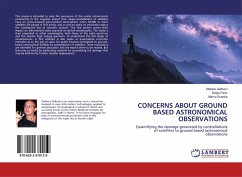
CONCERNS ABOUT GROUND BASED ASTRONOMICAL OBSERVATIONS
Quantifying the damage generated by constellations of satellites to ground based astronomical observations
Versandkostenfrei!
Versandfertig in 6-10 Tagen
22,99 €
inkl. MwSt.

PAYBACK Punkte
11 °P sammeln!
This review is intended to raise the awareness of the whole astronomical community to the negative impact that mega-constellations of satellites have on ground-based astronomical observations when 50,000 or more satellites are placed in LEO orbits, and as well to make an estimation about the consequent loss of scientific content. The first section covers their impact on astronomical data acquired at optical wavelengths. The study is then expanded to other wavelengths, both those of the radio spectrum and the shorter high energy spectrum, to understand the full range of consequences. A first at...
This review is intended to raise the awareness of the whole astronomical community to the negative impact that mega-constellations of satellites have on ground-based astronomical observations when 50,000 or more satellites are placed in LEO orbits, and as well to make an estimation about the consequent loss of scientific content. The first section covers their impact on astronomical data acquired at optical wavelengths. The study is then expanded to other wavelengths, both those of the radio spectrum and the shorter high energy spectrum, to understand the full range of consequences. A first attempt is also made at quantitative economic estimates as to the loss of value for public finances committed to ground-based astronomical facilities by constellations of satellites. These evaluations are intended for general discussion and we expect them to be revised. But they may currently be evidentiary material for quantifying the damage that may be inflicted by further satellite deployments.



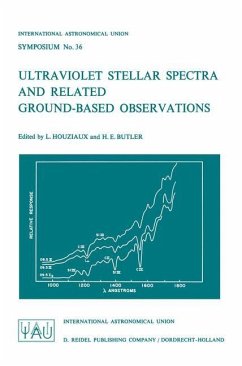
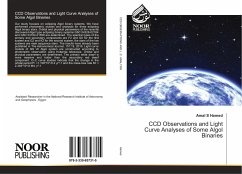
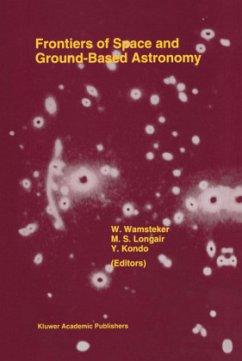
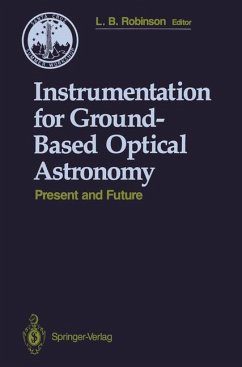
![Result of Astronomical Observations Made in the Interior Parts of North America [microform] Cover Result of Astronomical Observations Made in the Interior Parts of North America [microform]](https://bilder.buecher.de/produkte/69/69307/69307212n.jpg)
![Astronomical Observations Taken During ... 1862-(1877) At The Private Observatory Of Joseph Gurney Barclay [by H. Romberg And C.g. Talmage. Ed. By J.g. Barclay] Cover Astronomical Observations Taken During ... 1862-(1877) At The Private Observatory Of Joseph Gurney Barclay [by H. Romberg And C.g. Talmage. Ed. By J.g. Barclay]](https://bilder.buecher.de/produkte/74/74728/74728945n.jpg)
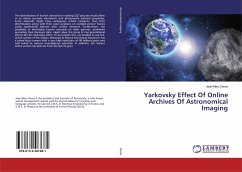
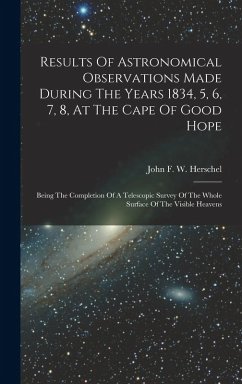

![Researches on the Motion of the Moon [microform]: Part II: the Mean Motion of the Moon and Other Astronomical Elements Derived From Observations of Ec Cover Researches on the Motion of the Moon [microform]: Part II: the Mean Motion of the Moon and Other Astronomical Elements Derived From Observations of Ec](https://bilder.buecher.de/produkte/65/65542/65542767n.jpg)